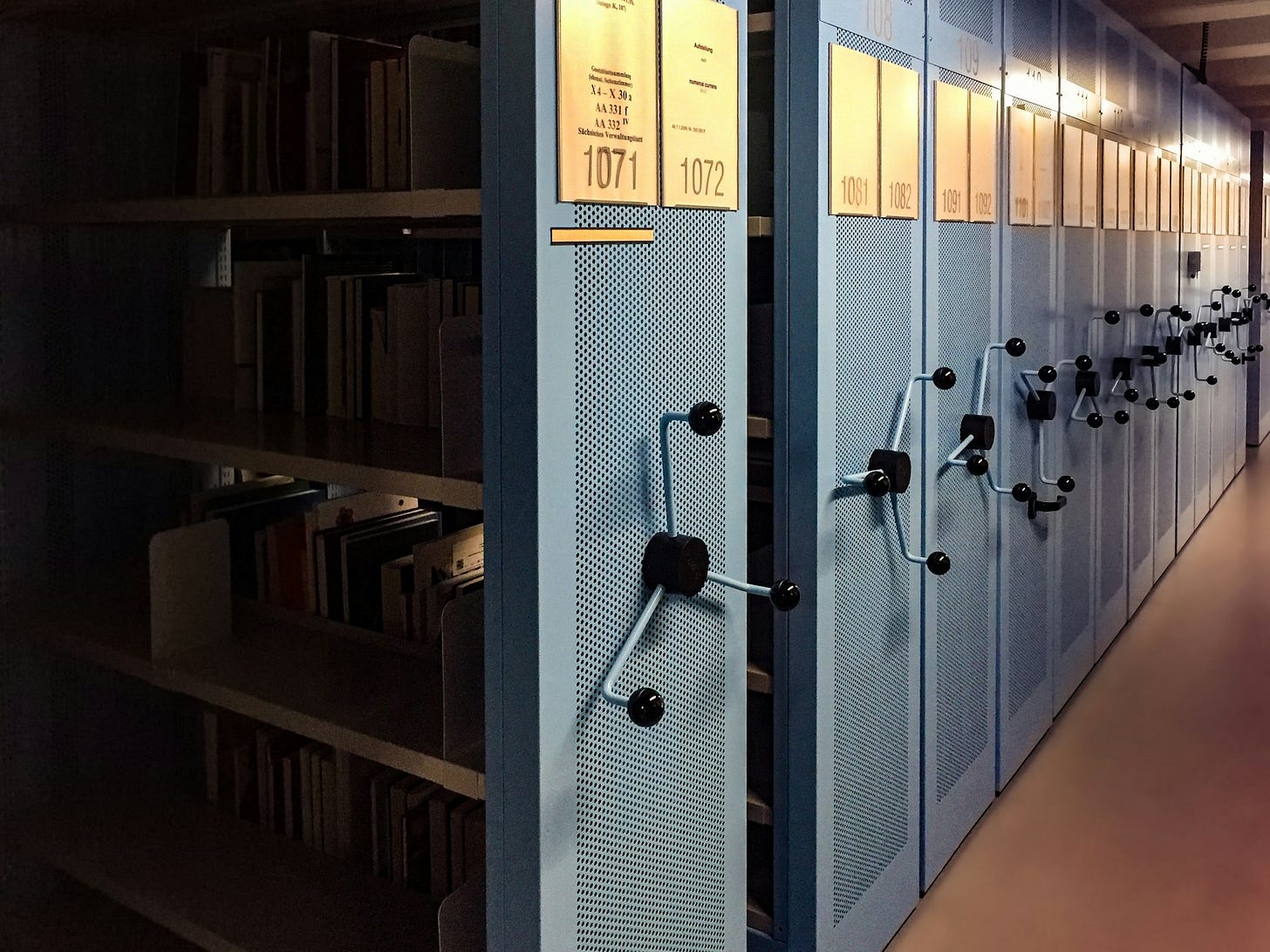What is Intellectual capital?
This week, we are going to have a more detailed look at a family’s intellectual capital. Particularly, what role it plays in successful families and how you can become antifragile in it. As with all the different capitals, these have initially been defined in macroeconomics and then later translated into microeconomics, so for countries and businesses. Below is the definition of intellectual capital according to Investopedia.
“Intellectual capital is the value of a company's employee knowledge, skills, business training, or any proprietary information that may provide the company with a competitive advantage.
Intellectual capital is considered an asset, and can broadly be defined as the collection of all informational resources a company has at its disposal that can be used to drive profits, gain new customers, create new products, or otherwise improve the business. It is the sum of employee expertise, organizational processes, and other intangibles that contribute to a company's bottom line.” - Investopedia
If we translate this onto a family, intellectual capital is the knowledge gathered by family members, either through academic successes, business dealings, or internal family dealings. Also, if we look at the other types of capital: cultural, financial, human, and social, intellectual capital encompasses knowledge acquired in each of these. Depending on how well a family can educate the next generation and thus put a good knowledge transfer in place, a family’s intellectual capital will grow over time.
“The intellectual capital of a family is composed of the knowledge gained through the life experiences of each family member or what each family member knows. Some signs of intellectual capital include family members’ academic successes, career growth, artistic achievements, their understanding of their individual and family finances, and their ability to teach and learn from each other about what they know.” - James E. Hughes
What are the key categories of intellectual capital?
There are a few crucial categories within intellectual capital. Each of these plays an important role in creating a base for an antifragile family. A lot of these are interrelated, so the lines are blurry between them.
Emotional Knowledge: This revolves around handling your emotions. How to manage your mood and how to stay disciplined. Which mindsets are important for going through life? Self-management is at the centre. Often, people believe that this type of knowledge needs to be self-explored. However, in some families, this knowledge is taught and passed on. If you are emotionally stable and can manage your character, you have an immediate advantage out in the world.
Health Knowledge: Here, we look at knowledge around mental and physical health. Unless you retain this knowledge in the family, family members are exposed to threats early in life. Excessive drinking, drugs, sedentaryism and many other pitfalls are lurking out there. Knowledge around the importance of sport, social connection, sleep and what is a healthy diet all come to play here. If this knowledge is strong in a family, again the family will have an immediate advantage. Healthy people perform better than unhealthy people, period.
Financial and Business Knowledge: Understanding finances and how business works is a key topic. Not only in wealthy families. The world of business and finance is incredibly complex. Many families gain specific knowledge, which gives them an edge. This knowledge is crucial for future success and is essential to be passed on. No matter what formal education a family member decides to pursue, this knowledge should be instilled into them well before that. For if they lack this, they will not handle wealth well.
Social Knowledge: How do I behave in social settings? How do I lead people? How do I negotiate? How do I listen well? How do I observe people? How do I handle difficult conversations? How do I have productive conflict? How do I foster serendipity? These are just a few topics that fall into this. Social knowledge is the basis for building and maintaining social capital.
Practical Knowledge: Some knowledge is practical, and even though it seems unimportant is important. Knowing how to cook, clean or iron a shirt. Or even knowing how to properly maintain your car. What do I need to look out for when buying a new appliance? These seem insignificant, but you never know which situation to may find yourself in. It is incredible to see how, in some families, these basic skills are non-existent.
Spiritual Knowledge: This can be more and more overlooked in a modern world. Spirituality is so much more than just following a religion. Any scripture at its core is full of teachings. Also, the more you are adept at spirituality, the better you can deal with hardship. Life is unfair. Chance and randomness are the deciding factors of what works and what doesn’t. Having a strong knowledge of philosophy and spirituality is crucial for success.
Why is Intellectual Capital important, and how can you make it antifragile?
Before we get into how families can transfer and ensure continuity of their intellectual capital, we should examine why intellectual capital is important. I have already teased a bit at why each category is important above. Ok, maybe a bit more than teased. But, there is still more to say on this topic. Knowledge is important to seize opportunities. If you lack the knowledge and the skills to make the most of an opportunity, you won’t do well. Hell, you might not even see the opportunity in the first place. Financial capital can easily be obtained if you know what you are doing. It can be lost and gained. Knowledge is much harder to gain, especially if it is specialised knowledge; once it is lost, it is often forever.
So, how can we make our intellectual capital antifragile? At the core, the same principally apply as in the other areas.
First, we should decentralise knowledge in the family. Counter to what many people think, it is great if in the family everyone follows a different vocational path. On top of this, crucial knowledge should be available to everyone. If say, the knowledge of one topic is solely concentrated in one person, that is a problem. If the person were to suddenly die, it is gone, puff.
Secondly, the continued evolution of knowledge is another. The world is in constant flux, and thus, the type of knowledge that is important changes. Some of it stays constant. But some can become useless. It is important that the family is on top of this and makes sure family members learn what is important now and in the future. Balancing this with knowledge that is timeless is crucial.
Thirdly, a robust knowledge transfer. Not just a robust knowledge transfer, but one that starts early and is ongoing. And additionally, it is a two-way street. The learning never stops. The knowledge transfer is a community issue for the family. It is a push and pull exercise, the now and past gen responsible for transferring knowledge to the next gen. But the next gen’s job is to ask questions.
How is Intellectual Capital transferred?
There are many ways in which intellectual capital can be transferred within the family. The primary path is education. From early education to continuing education. A formal process for this should be established in the family and should be planned around formal education (School, university, work). Some of the education can be outsourced, there are several providers of educational services. And some of the education should be taught within the family.
Another path of knowledge transfer is storytelling. Do you remember when you were a kid and could not stop listening to your grandparents’ stories? Families that have a designated storyteller and make sure that the family history and other knowledge is transferred with this retain knowledge better. Also, if the grandkids get to experience their grandparents and the grandparents tell them stories, these stories are retained better. I am not sure how it was for you, but the stories of your parents are kind of boring when you are young, and often only get interesting later in life.

Family artefacts can also be helpful in transferring knowledge. Having these artefacts around the house will help the younger members in asking questions. They will ask, who is in this painting? Or what is this thing? Or why is it important? The family artefacts will essentially be prompts and triggers for questions and thus stories.
A family archive is a very important topic. Knowledge can get lost over the ages. Unless it is written down and stored. Some very old families have archives and these give us a glimpse into the past. Knowledge that has not been transferred orally can be rediscovered in these. Our family archive up to 1930 is stored in Vienna’s national library and thus safe for generations to come. A true treasure.
Of course, there are more ways than just these four mentioned above. However, these 4 are already huge steps toward getting the transfer right. Once you have these nailed down, you can start to look into more advanced methods.
If you liked this week’s edition, I would be very glad if you could share it with others:





